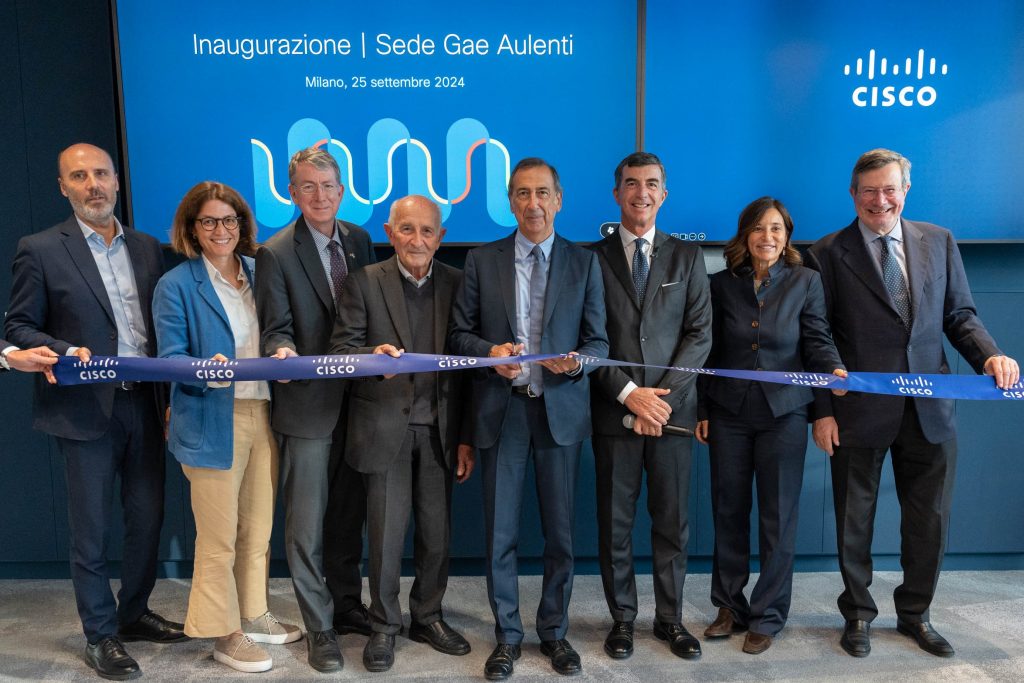
Pubblica amministrazione: lo Smart working al tempo del covid-19. La bibliografia
Pubblichiamo di seguito la bibliografia completa dell’articolo “Pubblica amministrazione: lo Smart working al tempo del covid-19”, scritto da Salvatore Zappalà, Eleonora Bigliardi, Ferdinando Toscano e Stefania Tagliabue, sul numero di novembre-dicembre 2020 di Sviluppo&Organizzazione.
Alarcon G. M., Edwards J. M. (2011), “The relationship of engagement, job satisfaction and turnover intentions”, Stress and Health, 27 (3), 294-298.
Allen T. D., Golden T. D., Shockley K. M., (2015), “How effective is telecommuting? Assessing the status of our scientific findings”, Psychological Science in the Public Interest, 16 (2), 40-68.
Bakker A. B., Albrecht S. L., Leiter M. P. (2011), “Key questions regarding work engagement”, European Journal of Work and Organizational Psychology, 20 (1), 4-28.
Breevart K., Bakker A. B., Demerouti E., Derks D. (2016), “Who takes the lead? A multi‐source diary study on leadership, work engagement, and job performance”, Journal of Organizational Behavior, 37 (3), 309-325.
Messenger J., Vargas L. O., Gschwind L., Bohemer S., Vermeylen G., Wilkens M. (2017), Working anytime, anywhere: the effects on the world of work, Publications Office of the European Union and the International Labour Office.
Gajendran R. S., Harrison D. A. (2007), “The good, the bad, and the unknown about telecommuting: meta-analysis of psychological mediators and individual consequences”, Journal of Applied Psychology, 92 (6), 1524-1541.
Golden T. D., Veiga J. F. (2005), “The impact of extent of telecommuting on job satisfaction: resolving inconsistent findings”, Journal of Management, 31 (2), 301-318.
Gomes C., Curral L., Caetano A. (2015), “The Mediating Effect Of Work Engagement On The Relationship Between Self-Leadership And Individual Innovation”, International Journal of Innovation Management, 19(1), 1-18.
Harker Martin B., MacDonnell R. (2012), “Is telework effective for organizations?: a meta-analysis of empirical research on perceptions of telework and organizational outcomes”, Management Research Review, 35 (7), 602-616.
Hayes A.F. (2017), Introduction to mediation, moderation, and conditional process analysis: a regression approach, Guilford Press, New York.
Karanika-Murray M., Duncan N., Pontes H. M., Griffiths M. D. (2015), “Organizational identification, work engagement, and job satisfaction”, Journal of Managerial Psychology, 30(8), 1-17.
Locke E. A., Latham G. P. (2006), “New directions in goal-setting theory”, Current directions in psychological science, 15 (5), 265-268.
Moura D., Orgambidez A. R., Gonçalves G. (2014), “Role stress and work engagement as antecedents of job satisfaction: results from Portugal”, Europe’s Journal of Psychology, 10 (2), 291-300.
Müller T., Niessen C. (2019), “Self-leadership in the context of part-time teleworking”, Journal of Organizational Behavior, 40(8), 883-898.
Neck C. P., Houghton J. D. (2006), “Two decades of self‐leadership theory and research: past developments, present trends, and future possibilities”, Journal of Managerial Psychology, 21 (4), 270-295.
Osservatorio Smart Working Politecnico di Milano (2020), “Lo smart working durante l’emergenza covid-19 e il punto di vista dei lavoratori”, https://www.osservatori.net/it/prodotti/formato/report/lo-smart-working-durante-lemergenza-covid-19
Sardeshmukh S. R., Sharma D., Golden T. D. (2012), “Impact of telework on exhaustion and job engagement: a job demands and job resources model”, New Technology, Work and Employment, 27 (3), 193-207.
Sewell G., Taskin L. (2015), “Out of sight, out of mind in a new world of work? Autonomy, control, and spatiotemporal scaling in telework”, Organization Studies, 36(11), 1507-1529.
Taskin L., Bridoux F. (2010), “Telework: a challenge to knowledge transfer in organizations”, International Journal of Human Resource Management, 21 (13), 2503-2520.
Toscano F., Zappalà S. (2020), “Smart working in Italia: origine, diffusione e possibili esiti”, Psicologia Sociale, 15 (2), 203-223.
van der Meulen N., van Baalen P. J., van Heck E., Mülder S. (2019), “No teleworker is an island: The impact of temporal and spatial separation along with media use on knowledge sharing networks”, Journal of Information Technology, 34 (3), 243-262.
Virick M., DaSilva N., Arrington K. (2010), “Moderators of the curvilinear relation between extent of telecommuting and job and life satisfaction: The role of performance outcome orientation and worker type”, Human Relations, 63(1), 137-154.
Weinert C., Maier C., Laumer S. (2015), “Why are teleworkers stressed? An empirical analysis of the causes of telework-enabled stress”, Wirtschaftsinformatik, pp. 1407-1421.







